Episode 255 - From Doctor to Entrepreneur to Venture Capitalist: A Journey of Faith and Problem Solving
Sometimes our greatest trials can become fuel for our callings.
That’s the case with today’s guest, Dr. Ola Brown.
Dr. Brown’s resume looks like it could be split amongst multiple people. Prior to her current role as founder of the investment firm Healthcap, she had a career as a medical doctor. Then she founded Flying Doctors Nigeria, a tech-enabled urgent care services marketplace before co-founding her first fund: Greentree Investment Company.
Her desire to innovate and change the healthcare landscape across Africa came from after a family tragedy altered the course of her life. In this episode she talks about how she has seen God redeem her broken situation throughout her expansive career.
The conversation was originally published on the Faith Driven Entrepreneur Africa podcast, our sister show that highlights stories of local leaders in that region. We also publish the Faith Driven Entrepreneur Asia podcast. Find both shows wherever you get your podcasts and be sure to follow, review, and share them with others.
All opinions expressed on this podcast, including the team and guests, are solely their opinions. Host and guests may maintain positions in the companies and securities discussed. This podcast is for informational purposes only and should not be relied upon as specific advice for any individual or organization.
Episode Transcript
Transcription is done by an AI software. While technology is an incredible tool to automate this process, there will be misspellings and typos that might accompany it. Please keep that in mind as you work through it.
Ofosa Ojomo: All right. Welcome, everyone. My name's Ofosa Ojomo. I am the co-host of the Faith Driven Entrepreneur Africa podcast. Super, super excited to be here today. That I am. If you could see my face, you would see me smiling because it's a great honor. A privilege to welcome Dr. Ola Brown to the podcast. She is a medical doctor, an entrepreneur, an investor, an educator, a lifelong learner. The list goes on. She's incredible. And we're just so, so thankful that we get to hear a little bit of her story today. So without further ado, Dr. Brown, welcome to the show. Thanks for joining us.
Dr Ola Brown: Thank you so much Ofosa. It's great to be here. And I'm a big fan of yours, big fan of your book. So it's really exciting to be able to talk about some of those concepts and some of the things that I've been able to incorporate into my own life and my blogs into my teaching as well.
Ofosa Ojomo: Oh, well, thank you. That's very generous. Very kind of you. So we have a lot of ground to cover today. I'm going to do my best to cover as many as we can in the time that we have. But first, I think I would just love to get a sense of your story. I know our team was with you a little bit in Nairobi, and they were really inspired by your story and what you're doing to fix health care in Africa, which is just a big mandate. We'll talk a bit more about some of the data and details of health care in Africa. But can you just tell us a little bit about your story and how you even thought about started healthcap and probably the start there?
Dr Ola Brown: All right. So the healthcap story is actually just a few years old because prior to my sort of investment journey, I was an entrepreneur, so I was running my own company. So in 2011, I started a company called Flying Doctors, which is an emergency services company, Tech Enabled Emergency Services Company, which provides urgent things, urgent transportation, urgent healthcare supplies, agency personnel to remote areas across Africa. And it has worked in 47 out of 54 African countries, say most of Africa. And when I was running that, obviously it was quite profitable. We were able to scale that across the continent. And a friend of mine told me that he was starting a venture and he would like me to become an LP. And I was really excited about that because it gave me an opportunity to diversify. But the one thing I told him is I'm not doing any finance, I'm an operator, I am an entrepreneur and I'm not going to be doing the financial side of things. So you handle the finance, I handle the portfolio management, I will deal with the businesses and I'm not touching the numbers. And that was our agreement. However, my proposal is and obviously God has other plans. And so just a few months into that partnership, unfortunately, he had a family emergency, had to move back to the UK. And, you know, we're stuck with the choice, either refund all the money that we just raised or I would run the funds exactly what I said I wasn't going to do. But my money was working very well at the time and we had a great management team, so I was able to step away from the company to run the investment company at all times. So I did that for a few years and the thesis in that first fund was around essential services. So things that Africans need or Africans consume. So it was a media software, agri tech, logistics, a whole range of essential services and services that Africans would buy or wants. And it was a really great experience, and that fund was very successful. So one of the first investments we made was in a company called Paystack. We invested in a company about a valuation of $1,000,000 and then they got into Y Combinator and after that they were able to scale the business across Nigeria very quickly, despite the fact that there was a very large incumbent in the payment space. But they were still able to scale as e-commerce and digital payments scaled within Nigeria. And that company in 2020 was sold to Stripe and puts $200 million. So our investors were really quite happy with the returns on that funds. And during that time, I developed a lot of expertise regarding this company for investing one of the best checks also in, say, blocks away, for instance, I had to learn quite a lot very fast about financial technology. And I went on to do a master's degree in finance and economics as well. So when I decided to start out my own funds, I wanted it to concentrate on areas where I had deep subject matter expertise. Because doing my first funds, I felt like I was learning about agriculture one day, learning sorts of logistics, the next day learning about. You know, climate tech is the next day. And I felt that a more focused structure would be definitely pieces that I would want to follow with my own vehicles. So we started Health Cap with the vision to invest in just early stage ventures across Africa, but only in fintech, because that was an area where I was forced to have a lot of deep subject matter expertise and the academic backgrounds in finance and economics as well, and subject matter experts. He is also in health care As a physician who has also worked in a basic science lab, I got a scholarship to work in Japan with induced pluripotent stem cells. That was my source of fellowship topic. So really deep subject matter expertise, it's not just in clinical medicine or in basic research in biotech as well. So I felt that, you know, these were two really big needs, but also things that I could build a team, really deep knowledge and understanding. And so that sort of is the origin story of healthcap. And we currently have 30 investments. So it's a valuable to companies in India is a $500 billion total. Employment is over 1000 jobs created and 50% of our talent is female.
Ofosa Ojomo: Wow, wow, wow, wow. Amazing. Thank you. Thank you for that. I mean, I think that's the kind of impact that we need to just keep screaming and the kind of activity happening on the continent. I want to go back even a little bit and just get a sense for your desire to focus on African health care, that sector, that industry. And I'd love for you to tackle this in two ways. One, I know that sort of a personal story here, but then I'd love if you could connect that personal story to more of the I would say the macro struggles, an environment that is African health care and why you chose to go into that space.
Dr Ola Brown: Absolutely. So my personal story really starts with Africa. I didn't mention that I was born in the UK and I grew up in the UK, so I never really thought about living in Africa and I felt like quite detached from Africa, to be honest. But when my youngest sister traveled to Nigeria. She got very sick and we were trying to sort of communicate around what we're going to do to travel maybe to a larger hospital or a better hospital. And, you know, medical transportation was just the big issue. She was too unstable, really, to be moved by ground. So we tried to find an ambulance and that took a process of probably like three or four days to organize. And meanwhile, every day, my sister was deteriorating. She was just 12 years old. And it was just a very stressful period for my family and it was very stressful. The stress was exacerbated by the fact that we're all in the UK. At the time I was a medical student working in one of the best facilities in the country and I just started feeling the things that were so in front of my hands, like the need to get tests that were I'd never even thought about the price of the tests I was ordering. A class of their availability were just so difficult to get in Nigeria. The level of expertise, the kind of people that I was speaking to, and it was really, really a heartbreaking experience. We did manage to get an ambulance organized, but it was from South Africa.
Ofosa Ojomo: Oh, wow.
Dr Ola Brown: So it would have been a seven hour journey to Lagos. And by the time we had even started initiating all of those arrangements, my sister died at just 12 years old and it was maybe four or five weeks before my exams in medical school. So I had a meeting with the dean and I was asked whether I wanted to just skip the exams and I said, No, I have to take this exam because I'm going to go back to Africa and do something about the situation. It was just so frustrating and because it went on for a period of days, it was just so frustrating and so heartbreaking. But I felt like my whole plan was disrupted. My initial plan was just to become a consultant in the NHS, but it disrupted my plan completely When I realized that people were dying, So many people were dying not because the facilities and the expertise were not available anywhere. It was just that they were in the wrong place at the wrong time.
Ofosa Ojomo: Wow. Thank you for sharing. I think what strikes me about that is how, you know, if that happened to you, your family, you were the only ones it happened to that year. I mean, that would be tragic, still incredibly tragic. But one could look at the data and say, well, it only happened to one family. But that story is it's like a Tuesday afternoon. I mean that in almost any country in Africa, right? Maybe South Africa, maybe one or two. But like almost any country, that story, it's just it's like the norm. And so, you know, did that sort of trigger in you, this passion to, like, fix African health care? Like there was that like that was it?
Dr Ola Brown: Absolutely. Yeah, definitely.
Ofosa Ojomo: Wow. And since then, I know you did work with healthcap and fly in Doctors and Greentree. I mean, just I can't keep track to be honest, I cannot keep track of all you're doing. Can you walk us through just a little bit your journeys from the moment where you were talking to that, you know, your dean or your professor and said, I'm going to take this exam because I got to fix this system to where you are now, the way your career has evolved, what you've been involved in, and you showed a bit about healthcap, but just maybe talk to us a bit about that.
Dr Ola Brown: So out of medical school, about a year out of medical school, I made like I promised I would promised myself I would. At that time, I moved back to Nigeria and it wasn't really back because I had not lived in Nigeria as an adult. My parents have lived in England since they were virtually teenagers, so we didn't have the kind of networks that sort of that Nigerian family is typical Nigerian family would have. But I had promised myself that I was going to at least try to do something. So I moved here around 2011. And so my first company, which was Flying Doctors, which was focused on medical, transport and urgent medical supplies, urgent medical personnel. So it's a tech enabled marketplace that focuses on urgent care. And as that company grew, we obviously hired more people, started working with embassies, insurance companies, corporates all over Africa and really exciting journey, sort of growing it from zero to a multimillion dollar company.
Ofosa Ojomo: Can you give us a sense, like as you were raising money for it, as you were talking to partners, why did it take you to come back and build this way? I mean, they've been embassies in Nigeria since Nigeria became Nigeria. There have been multinational companies. They've been, you know, immigrants from other countries coming to work in Nigeria, whether it's the US or the UK, and they're victims of our health care system. Right. So what did you learn? Like, why hadn't this been done? You know.
Dr Ola Brown: That's an interesting question. And I think that there are just so many I think there's a professor at Harvard. I forgotten his name, but he runs a course on emerging markets and he talks about he uses this term institutional voids.
Ofosa Ojomo: Oh, yes, yes.
Dr Ola Brown: Yes, absolutely. And there are so many institutional voids in Africa that just things that people aren't doing. And I think it's just because capitalism is still quite young. So I was having a conversation about family offices with a friend of mine, and he was like, where all the African family offices. And I'm like, Well, they're not really family offices. Then the person that made the money. Yes, is generally when you think of family offices, you think that money that has passed through four or five generations, you think of the large European family offices where the money was made like five generations ago and it's still being passed down and managed, whereas, you know, most African family offices you actually meet in person. The place is still there. We're still quite young in studies of business and capitalism, and there's still a lot of things that haven't been done. And that's where I really think the opportunities in Africa for these large scalable solutions that don't look exactly like their West counterparts, but there are problems that need to be solved perhaps in a different way from what you see in the West and with a slightly different model.
Ofosa Ojomo: Yeah, I mean, I think one of the things that I see in my research is how when you as an entrepreneur create a market and show that it's possible, right? Whatever the market is, it really causes people to copy. You create these copycats. And that's actually good for the system because it validates your own work. You know, you have more capital flowing into that market, you're creating more jobs, valuations do get higher and you change the cultural dynamics in the region, right? I mean, people begin to see that, oh, it is possible. And you almost can't imagine your life without whatever product or service. And so and then you say, but that process, I will say, is difficult. The process of market creation, which is a lot of the focus of my next research, and it's very difficult. So let me say thank you for doing that. And so flying doctors, you're doing that, but you're not that's not enough. So you want to do more and then you start investing. Maybe talk a bit more about that because you've actually invested in a couple of friends that I have, like Brian Metz Way of Life Stores or Incredible Guy. You've invested in his company. So how do you transition from, you know, you're doing this operational thing and then you want to start investing in other entrepreneurs?
Dr Ola Brown: Absolutely. So it was all because my friend actually who is a finance person, once had stopped funds. So I just came in sort of as an operational sort of insights advisor. I ended up running the funds and after that I decided to set up my own vehicle doing finance, fintech healthtech investing full time. So that's really where I am now.
Ofosa Ojomo: Okay. And do you still do any operational stuff or you're mostly just.
Dr Ola Brown: I'm not even on the board of Flying Doctors right now, but it's still growing. Every year I look at the two own figures and I was blown away and it's really nice that, you know, that you can create something and no longer be involved and you still see it sort of growing honestly, even faster than when I was running it.
Ofosa Ojomo: All right. That's good. That's actually a good thing. So, you know, your connection really is to Nigeria. Much of your earlier work was in Nigeria. But you, as I understand it, you've branched out and you're looking at the continent as a whole. Could you maybe talk to us about, you know, one or two deals that you've done in a country outside of Nigeria and why you're really bullish on Africa health care?
Dr Ola Brown: Absolutely. So healthcap invest in two subsectors Healthtech and fintech. And we have a team that has a background in financial services. So some of the team members have a background in banking or in credit or microfinance or mortgages. On the other side of the team has a background in health care. So it could be somebody who is a lab scientist who is not financial analyst, but they all started off either in health care or financial services. So we felt it was really important to build an expert team. And so we invested across the continent just in those two sectors. And the reason why we chose those two sectors is because we felt tell them, well, two things that you can't really have economic growth without. So in terms of the wealth, our thesis is, number one, Africa has the highest number of unbanked people in the world. And when I mean unbanked I spoke about, they didn't have access to payment services, they didn't have access to credit services, they didn't have access to mortgage services. And for individual wealth creation, that's a big deal. The ability to save is a big deal. And the ability to be able to invest is a big deal. But also for economic growth, businesses have to grow and be profitable and it's very difficult to do that without access to credit, without access to be able to pay and get paid without access, to be able to save and invest Treasuries without the right kind of advice, without the right kind of software, without the right kind of formalization, without the right kind of knowhow. So that's really what we're investing in in the fintech space in Africa. And we also think that in financial services that it's probably the one area where African entrepreneurs have both the competitive and comparative advantage. I believe that Africa is the birthplace of digital currency. We have very sophisticated payment systems. Basically it's a banking innovation and I think that the world does have, will still has a problem with digital banking. The first digital currency or one of the world's first digital currencies was launched here in Nigeria. So we do have an advantage when it comes to innovation in financial services. And I think that that advantage is worth investing in because it will lift Africans out of poverty, it will help them grow their businesses, it will help people own their own homes, it will help people to save saving them from catastrophic results of poverty. I also think that there's banking solutions in their supply. Solutions can be useful for the rest of world. And because I think banking software and banking infrastructure and banking architecture is outdated all over the world. And I think that this is one area that Africa can lead. I think for China, it was manufacturing. For France, it's luxury for other countries, that's like Vietnam. But Japan, it's exports. And I think for Africa it could be financial technology. And that's a thesis on the financial technology side. On the healthcare side, we have more women in Nigeria die during pregnancy and childbirth than in Syria than in Afghanistan than in Iraq, we have the highest in Africa. We have the highest under-five mortality rate. So many more children under the age of five die in Africa than anywhere else in the world. Africa has the worst healthcare in the world, and Nigeria may have a similar GDP per capita. So places in Asia, but we have far, far worse healthcare. And I don't think that any country and truly achieve maximal productivity without solving the problem of healthcare and also having good healthcare is not just great for health, it's also great for other things. One in eight Americans work in healthcare.
Ofosa Ojomo: Yes.
Dr Ola Brown: It's one of the world's of the developed world's biggest employers. The UK NHS, for instance, is the biggest employer in Europe, the sixth biggest employer in the world. If you look at almost every American states, the biggest employers, I mean the health care or education. So improving health care across Africa is not just improving productivity for people having better health. It's actually making sure that people have jobs and improving security, because a lot of the reasons why we have the security problems across Africa are because people are idle, people are unemployed. In Nigeria, for example, there's a 30 to 40% unemployment rate depending on where you live. So if you have a sector, investment money going into a sector that not only makes people more productive or provides employment and improve security, can't think of a better investment to make.
Ofosa Ojomo: Yeah, I mean, that's I never quite heard it put that way, but that does make a lot of sense. You know, when I think about much of what you just described in financial services and in health care, the fact that there are innovations in financial services, but man, there's a ton of people still don't have access to very big basic things that you and I might take for granted. It gives rise to the potential for significant innovation. You know, I've started to see those struggles not as sort of the end of the story, but the beginning. Those are the things that you put in the pot. Those are the ingredients. You say, okay, now what kinds of business models can we develop? What kind of technologies can we use to solve these problems? And that paradigm shift is absolutely necessary if we're going to solve many of the problems that we have on the continent, because I see them as opportunities now. It's difficult to crack, but they are major opportunities. You know, health care and financial services are two sectors that it's hard to get in growth scale without public engagement. It's quite different. If I wanted to go and start selling, say, paper, write software, big market for paper or cups or something. And I know you've you know, whether it's through health cap, you've done work like public private partnerships. And this is an area where many entrepreneurs sort of shy away from. It's like I want to innovate and not have to deal with the government. But those two sectors, I mean, yeah, they're very much the government is in them. Can you talk a bit about your approach to public private partnerships and advice you would have for entrepreneurs in this space, either seeking to get them or seeking to run away from them?
Dr Ola Brown: Absolutely. So I think the public policy and public engagement is absolutely essential. And I do want to talk about the public sector. Actually, I gave it at the African Venture Capital Association meeting last year, and the sorts of final thought I shared was that the American taxpayer is the biggest limited partner, the biggest investor in technology. And the reason why I said that is because the American taxpayer is the unknowing LP in almost every single large source of innovation that America has had. When you look at my industry in healthcare, 75% of new drug molecules are discovered through public sector grants, American government grants. When you look at even massive innovations that have saved millions of lives across the world, like the technology for MRI, RNA vaccines, for instance, that was developed off the back of the American public sector grants. When you look at things like even Google, Tesla, Amazon, at some point they collected public sector money. Even if you look at the Internet as a whole, the Internet was actually a government project, but eventually has been used to create billions of dollars of wealth by the private sector. When you look at the money that goes into universities, for example, the public sector money that goes into universities, a lot of innovation comes out of the PhD programs are public sector funded. In fact, I believe that Google was a PhD project. So when you look to research grants, when you look to public sector education grants, when you look to even the Human Genome Project, which is sort of the foundation of sorts of where all personalized medicine, the field of genomics, all sorts of sorts of gene therapy originated from the human genome projects. The mapping of the human genome was funded by the American taxpayer. So a lot of the foundation and a lot of the infrastructure on which the technology industry was built was funded by. The greatest LP of all time
Dr Ola Brown: The American taxpayer and in financial services. For instance, I was reading in the news that Jamie Dimon, the current managing director of Jp morgan, actually assisted Jerome Powell, who is head of the Fed and [....], who is head of the Treasury, worked out a bailout plan for some of the banks. And it reminded me about when J.P. Morgan himself a hundred years ago, negotiated a similar deal when the American government was in trouble speaking about bank failures. Imagine the impact on the tech industry if the government hadn't come in and backstopped all the deposits at Silicon Valley Bank.
Ofosa Ojomo: Yeah, And I mean, I'm sure you have personal relationships of people who are impacted.
Dr Ola Brown: Absolutely.
Ofosa Ojomo: I do as well. And it wasn't just the thing that happened out there that could potentially impact me, right. Like it was I was like, wow, these people can't get their deposits in credit statements.
Dr Ola Brown: And I'm not just talking about the impact on the single bank. I'm talking about the fact that if the government hadn't backstopped those deposits, then it would have led to contagion where everybody would have started withdrawing money from all of the banks because they can't trust the banking system and probably international banks as well. It's not uncommon for a single bank failure to turn into a more generalized banking crisis, and we saw that in 2008. So there is a very intricate relationship between the public sector and the private sector. And even in Nigeria, we can see that the sectors that the federal government has decided to back and support like the banking sector, like the pensions sector, like the cement sector, have really flourished because of that collaboration. And I think it's important for the technology industry to be able to explain its value proposition to the government stakeholders. And I think even though Silicon Valley Bank was systemically important, yes, this is the fifth largest bank in the United States. I'm not sure that it was entirely too big to fail. I mean, it was the same government that let Lehman Brothers fail, but they realized that it was strategically important as well, because technology and the technology sector has been responsible for a majority of the new ideas, a huge amounts of new jobs in America. And they're relying on that innovation and technology to be, you know, a key level of growth of the economy. So letting a huge section of that [...] was absolutely unthinkable. And I think that we should be pitching the same mantra to governments across Africa to prioritize the technology sector. Because this is an area, like I said, where we can win. This is an area where African young people are already extremely talented and are putting out world class software and world class technology enabled products every day. So I think that collaboration is exciting and something that we should be pushing for because the private sector very rarely does it alone. Policy is important, law is important, ease of doing business is important, and the government being able to decide which diplomatic relationships to pursue, which kind of collaborations to from a trade perspective and from a diplomatic perspective, which kind of partnerships to pursue are really important strategic [....] implicitly.
Ofosa Ojomo: Yeah, absolutely. I mean, I think it reminds me of one of the lines we had in our book, The Prosperity Paradox, where it says, you know, the innovators can light the fire, but the government fanned the flames. And so there's often this contentious relationship between the public and the private sector, but it need not be. So, you know, the private sector creates the value and the government distributes the value, and they distribute that by figuring out where resources go for. Whether it's education, partnerships, relationships. So there are foreign affairs ministries investing in infrastructure and so on. And so just understanding our role, right, can be really helpful in having a less contentious relationship and seeing, you know, each other is necessary for the development of our country and continent. You know, I want to switch gears a bit and talk about your faith just a bit, because I know that's a big, big part of your life. Can you maybe just give us a brief background on how your faith informs the work that you do, whether as an entrepreneur and investor? Could you talk to us a bit about that.
Dr Ola Brown: So faith is always been part of my life. My dad was a pastor, so I have no choice because I think that my faith is visible through my lifetime. My dad is pastor of Deliverance Ministries, so I grew up like, you know, in a church where earrings weren't allowed and like [....] and, you know,.
Ofosa Ojomo: Hardcore.
Dr Ola Brown: Everybody that wore jeans was going to hell. I mean, are evolved from that, but faith is still very, very central to my life and my work as well. And faith is also a source of inspiration to me. The Bible is also the source of inspiration to me. And I think that inspires my core values at work as well as my core values in life. So when I started Flying Doctors, there was a whole list of core values that people came up with. And I said, you know, I need to add one more value and that value is going to be excellence. And I'm taking that value, that one core value into healthcap as well. And the idea of excellence really comes from the book, Daniel, where the Bible describes Daniel as having an excellent spirit, wisdom, knowledge, understanding, ability to interpret situations, decision making ability. And that's why I've always wanted to build my company as around I'm particularly inspired by characters that were around Daniel at the time. So Shadrach, Meshach, Abednego and how they carried themselves and how they made themselves distinct. And then that's what excellence means to me. And I was speaking at a church, I think two weeks ago, and one of the points I made were about people in the Bible that particularly inspired my work and the link between faith and work. And there were four stories I told. The first one is pretty obvious link the physician, which, you know, would be an obvious person to inspire me, but not for the reasons that most people think. Not because he was a doctor, but because he was a doctor, but actually never met Jesus. So he became a Christian, actually, according to many accounts, after Jesus had died. But he was still able to write what some people would argue was the most comprehensive account of Jesus's life. And he did that by a process of interviewing, being careful, listening to details, methodological research, you know, testing different stories because sometimes people remember different things. So you've got quite a few people to get the essence of a story, particularly when they're thinking back, you know, ten or 20 years ago as to what happens when you read the book of Luke. You can tell that this is really quite a real labor of love in terms of listening to different spectators and being able to sort of combine those perspectives into a really comprehensive piece of work. And it's that spirit of excellence that I admire about Luke. The second person was King Solomon, but again, not for the business that people think he serves as a reminder to me because even though he was born into a very privileged position where God actually came to him and asked him, What do you want? And I always say that life has a different kind of path because the same thing that one person had [........] was the same thing, that God came to another person and said, you know, what do you want? And he chose wisdom. And he was given wisdom beyond anybody that had ever lived. But by the end of his life, he ended up [....]. He ended up worshiping idols. He ended up with all that wisdom falling far short of what I believe was his true potential. And it reminds me that, you know, I love education. I got tons of executive courses, and I like to think that, you know, in terms of knowledge, strict wisdom, I've made sure that I'm quite robust. But that has to be combined with focus and discipline.
Ofosa Ojomo: Yeah.
Dr Ola Brown: The daily routine of doing the right things at the right time according to our values every single day and not over relying on knowledge of wisdom. Some might argue even that focus and determination and discipline are even more important, the third, I said a group of people are the daughters of Zelophehad, and when their father died, they were in a really strange situation. They were told that they couldn't inherit their father's property, so they devised a plan, sort of lobbying mission to lobby the elders and to lobby the senior families to say we deserve, even though it's never been done before. And we understand that it's against the law. We want to inherit this property, we want to run the businesses. And eventually they started lobbying Moses himself. They went back to him so many times that Moses just got so irritated and upset that he had to go back to God and say, Look, these women are driving me nuts. God what do I do, give them the gift of the property. Wow. Not only were they given the property, but they were actually privileged to be able to choose their own husbands. And that reminds me and inspires my work because I think about things in a different reality. I always think that the rules can change for me.
Ofosa Ojomo: Yeah
Dr Ola Brown: And I think that being strategic is important. Speaking to the right people is important because anything significant I'm going to achieve is going to happen to other people, not just myself. And I think those ladies understood the importance of building relationships and making a strong argument and knowing the right people and building the right relationships. Eventually they got to the top and they got what they wanted. And I think that's an important sort of Old Testament story, but very inspiring to me. So, wow, those sorts of characters, the personalities in the Bible that have really inspired me and they inspire me through faith, inspire me in my work as well.
Ofosa Ojomo: Well, thank you for sharing. That was I feel like I just left church. That was amazing. I've always here just soaking it up and I'm going to go reread Luke and just think about Solomon's story. And this is Thank you. Incredible. You know, one last thing before we move into Rapid Fire, if you could just quickly tell us, where is your passion for not just learning but also sharing come from? I mean, you again, you started as a medical doctor, an entrepreneur investor, but you have this passion for learning. But you could learn and just keep the information to yourself. But oh, my gosh, you were so generous with all of the things you write and videos you create, but I've consumed a few of these have been blessed by them. Where does that come from and why would you do that?
Dr Ola Brown: Education is really expensive. So. So the medical degree that I took probably cost hundreds of thousands of dollars. The master's the same. I'm doing my Ph.D. in the classroom this year as well. Again, hundreds of thousands of dollars. And there are so many people in Africa that can't afford that. But they want to pursue that same degree of excellence. They, too, are inspired by Daniel's and. King Solomon's and the daughters of Zelophehad that, I mentioned some of the people that inspired me, but they can't afford that level of education. And I think it's so important for us to pursue excellence. I think pursuing the highest levels of knowledge and making sure that even as Christians where as competent as anybody else in the room, I don't think our faith should be sort of a cover that not doing things well. I'm not making sure that we're equipped as investors and entrepreneurs. And those results inspire people as well. The results that we get in our businesses inspire people that it's possible to do good and do well. And I think it's important not to compromise on that. And I think that there's many people on that journey across Africa, across Nigeria, that, you know, don't have thousands of dollars to spend on a degree. But they want that knowledge. They hunger for that knowledge. So I try to write, I try to share. I try to record videos to make sure that even though people don't have the opportunity to pay and travel, but they have the opportunity to enjoy the gift of knowledge particularly and understand the circumstances. So understand economics, understand finance, understand what politicians to root for, have a deep understanding of monetary policy, fiscal policy, so that they can make the right decisions for the continent.
Ofosa Ojomo: Yeah. Thank you so much. And your knowledge sharing is truly, truly having an impact. Let's move to Rapidfire real quick. I've got three questions. You know, give me a response in 15 seconds or less, it's going to go by fast. So now you work a lot with all your work educating that you're doing. Educate yourself, other people. What do you do for rest and reset?
Dr Ola Brown: I get massage.
Ofosa Ojomo: Okay, brilliant. The other question What gives you hope about the future of Africa?
Dr Ola Brown: The fact that this shows that there's a bright future with the youngest continent in the world and very talented with. I mean, Singapore, for instance, gets $1,000 per capita with a venture capital money. We get closer to $3 per person in venture capital money, but we're still able to produce the same number of unicorns of Singapore, which means that we can do so much more with so much less. So I'm excited about the youth, I'm excited about the innovation and I'm excited about the positive demographics of Africa House.
Ofosa Ojomo: All right. Last Rapidfire question. Where can our audience learn more about you and your work?
Dr Ola Brown: I'm on LinkedIn, Dr Ola brown, I'm on [.....] Dr Ola Brown. My YouTube channel is Dr. Ola Brown, and the name of the YouTube channel is called ecofinInsights, Economic Finance Insights. And also [......].
Ofosa Ojomo: Brilliant, brilliant. Awesome. Thank you. Last question, and we'll use this to end, we ask every guest on the show. We'd just like to learn what God is teaching you right now. What have you found in his word recently that stuck out to you in recent past?
Dr Ola Brown: Ok. I think that's like I said, I have this way of learning through people in the Bible. And I said I was going to talk about four characters. But then I looked at the time and I realized I didn't have time to talk about the last one. The last one is Joseph, You know, probably one of the best economists in the Bible introduced, you know, 20% tax rate in Egypt, looked at all the economic policy, was able to, you know, build through a brutal cycle and, you know, be able to manage for a severe economic downturn. And what he teaches me, again, as I believe it to throughout this interview, is having that spirit of excellence. He was not just an excellent Christian, but also an excellent assets to Egypt at the time. And he reminds me about the power of excellence to really be able to evangelize and be a symbol of faith to people. And also reminds me that capital is meant to serve us.
Ofosa Ojomo: Yeah.
Dr Ola Brown: Not us serving capital and money. Investment use the right way can be a catalyst for great change in the world.
Ofosa Ojomo: Amen, amen amen. Wow. Dr. Brown, thank you so much for giving us your time today. And it's been an absolute pleasure of mine. I wish to meet you hopefully in Nigeria soon or, you know, in any other continent. But really just want to say we're super grateful.
Dr Ola Brown: thank you.
Ofosa Ojomo: God Bless you.
Dr Ola Brown: Thank you. Thank you so much for your time. I really appreciate it. And it's been great speaking to you.



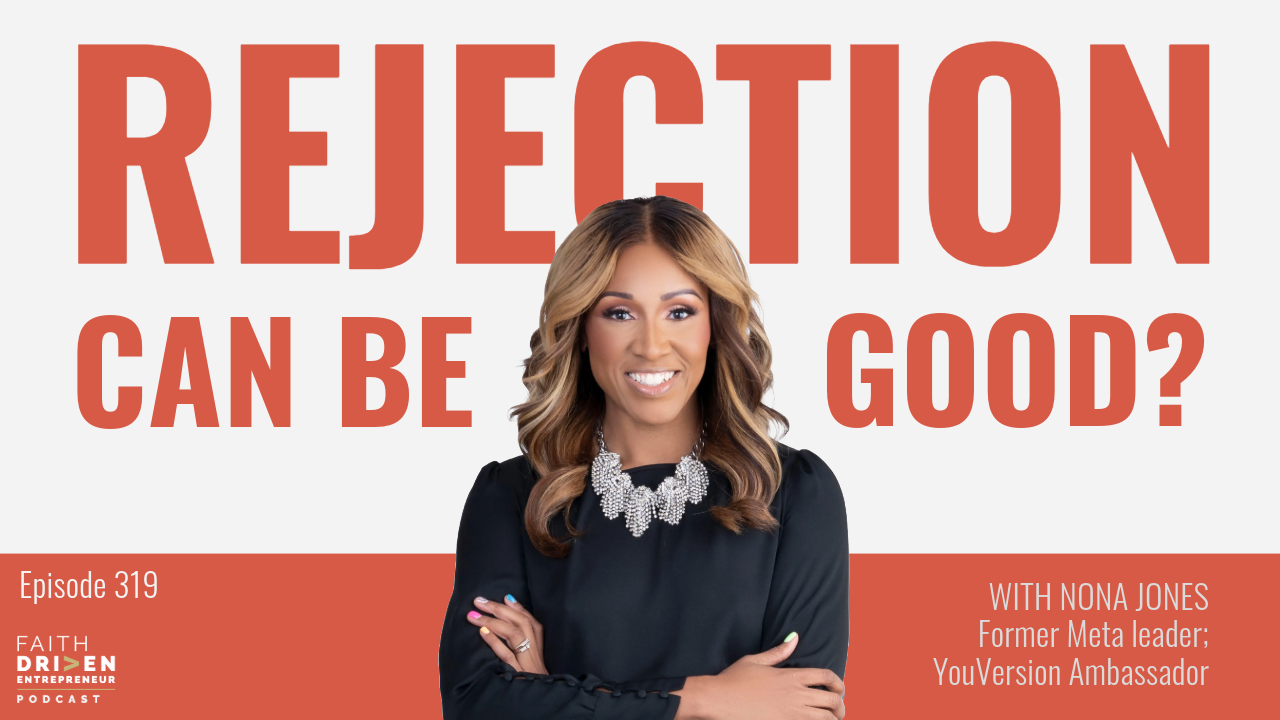


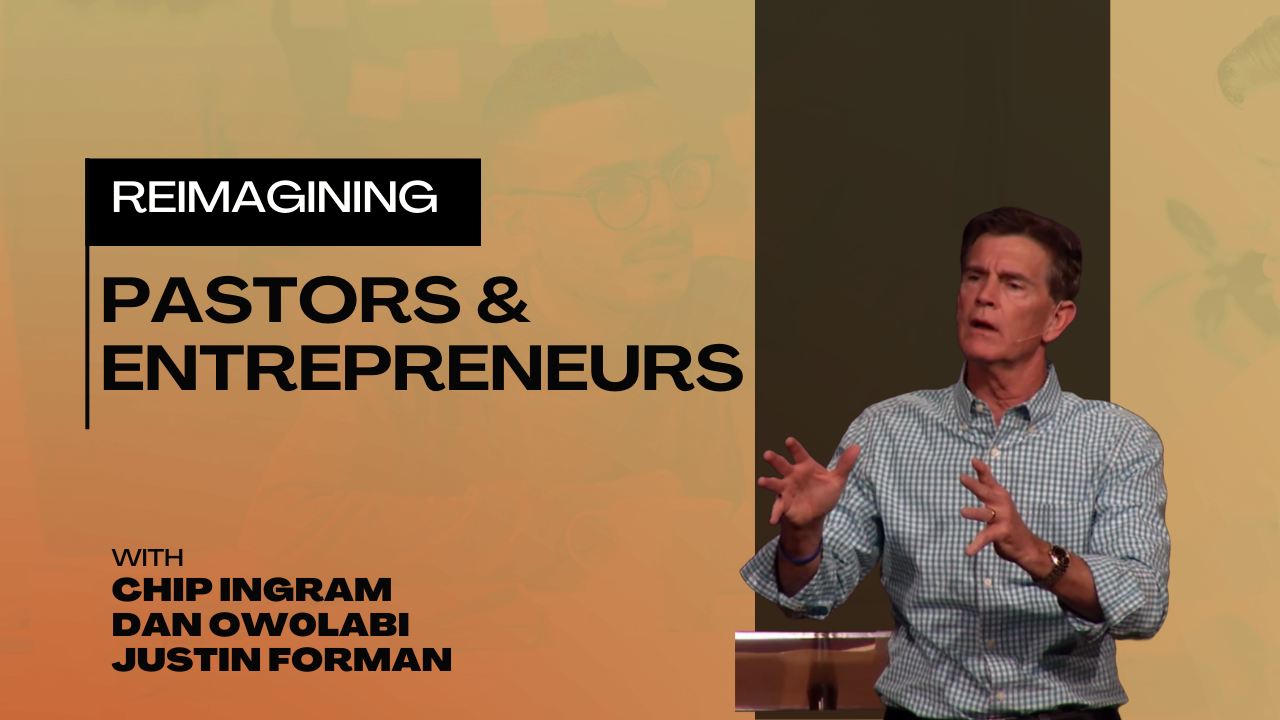
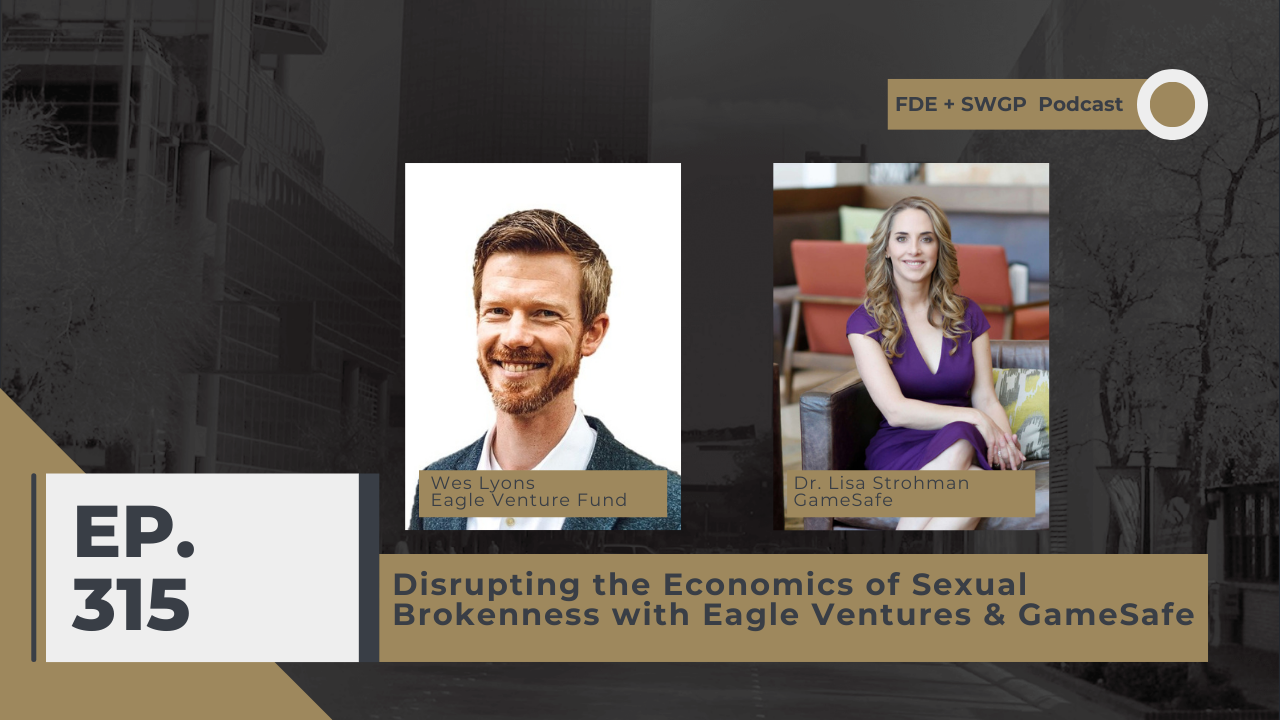
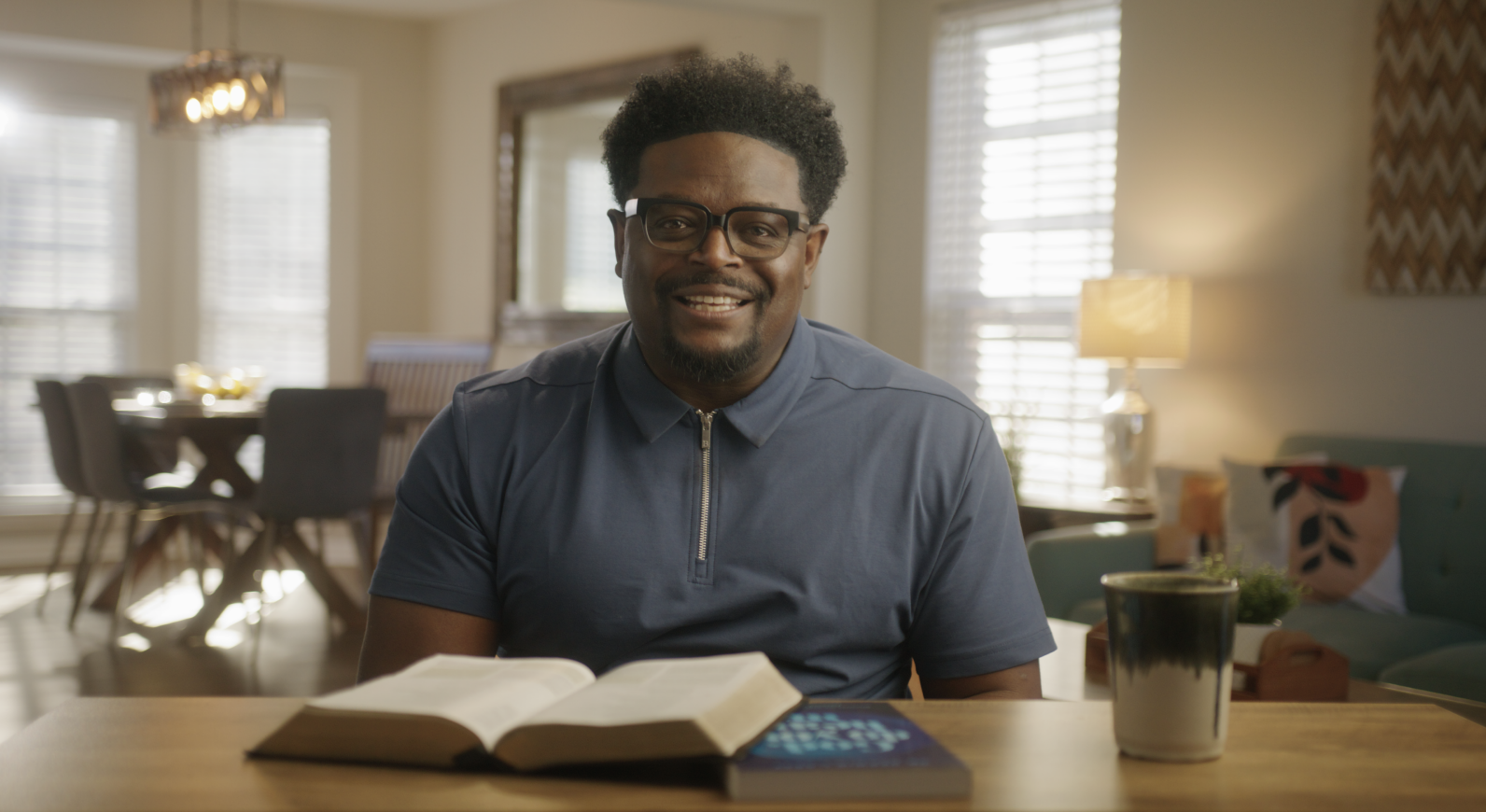

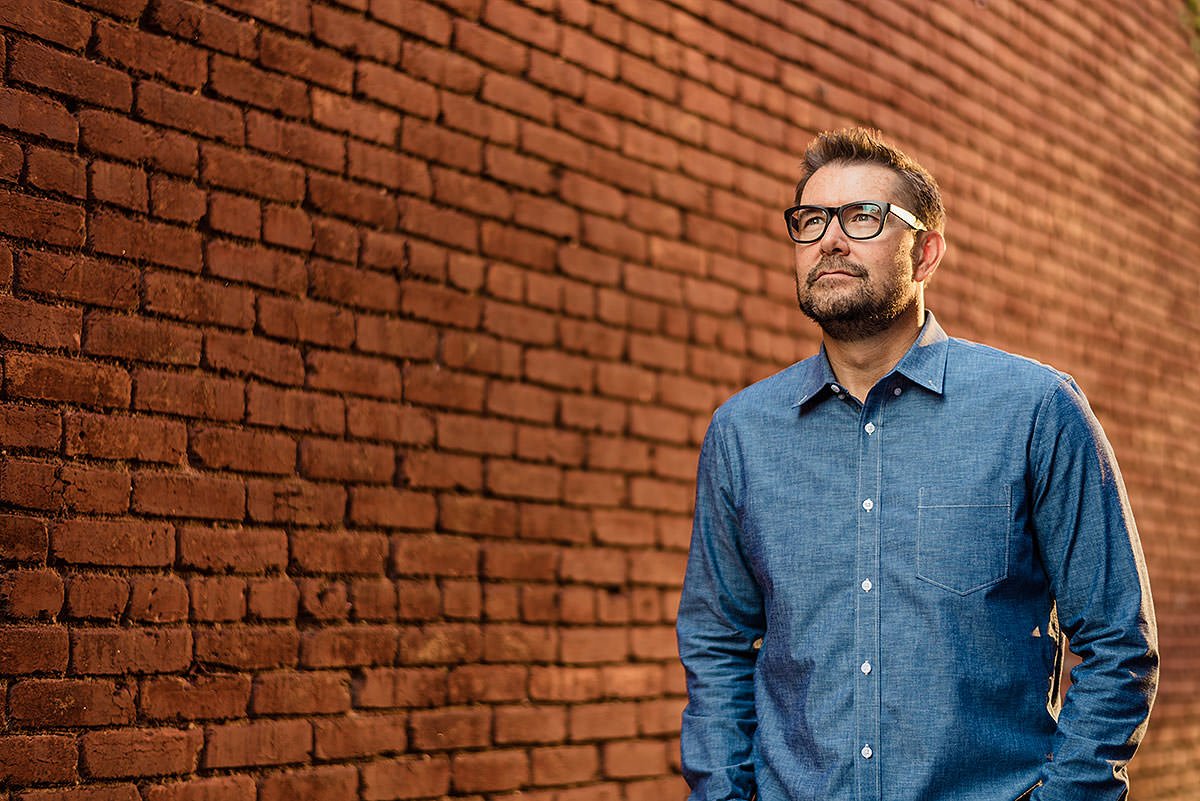
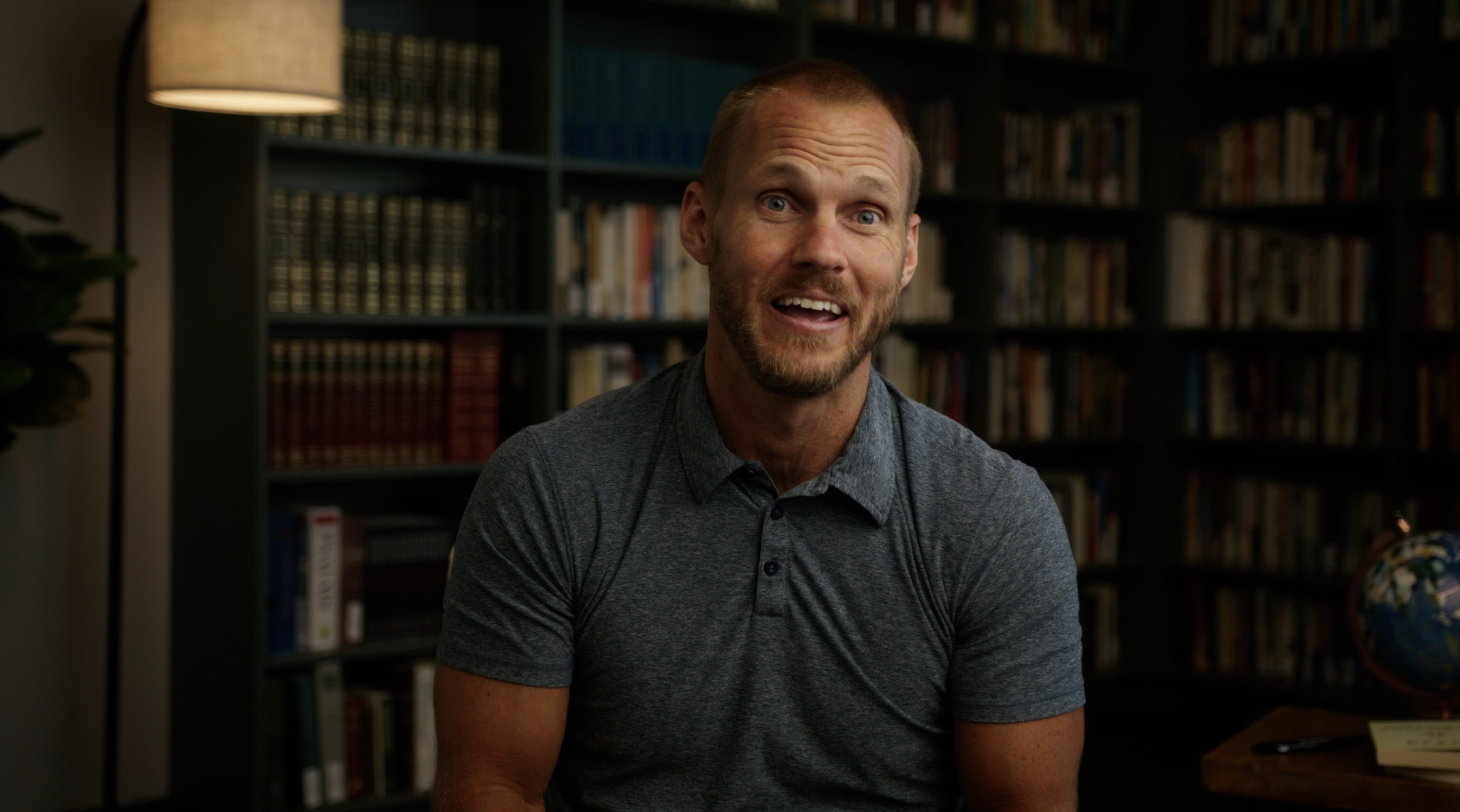
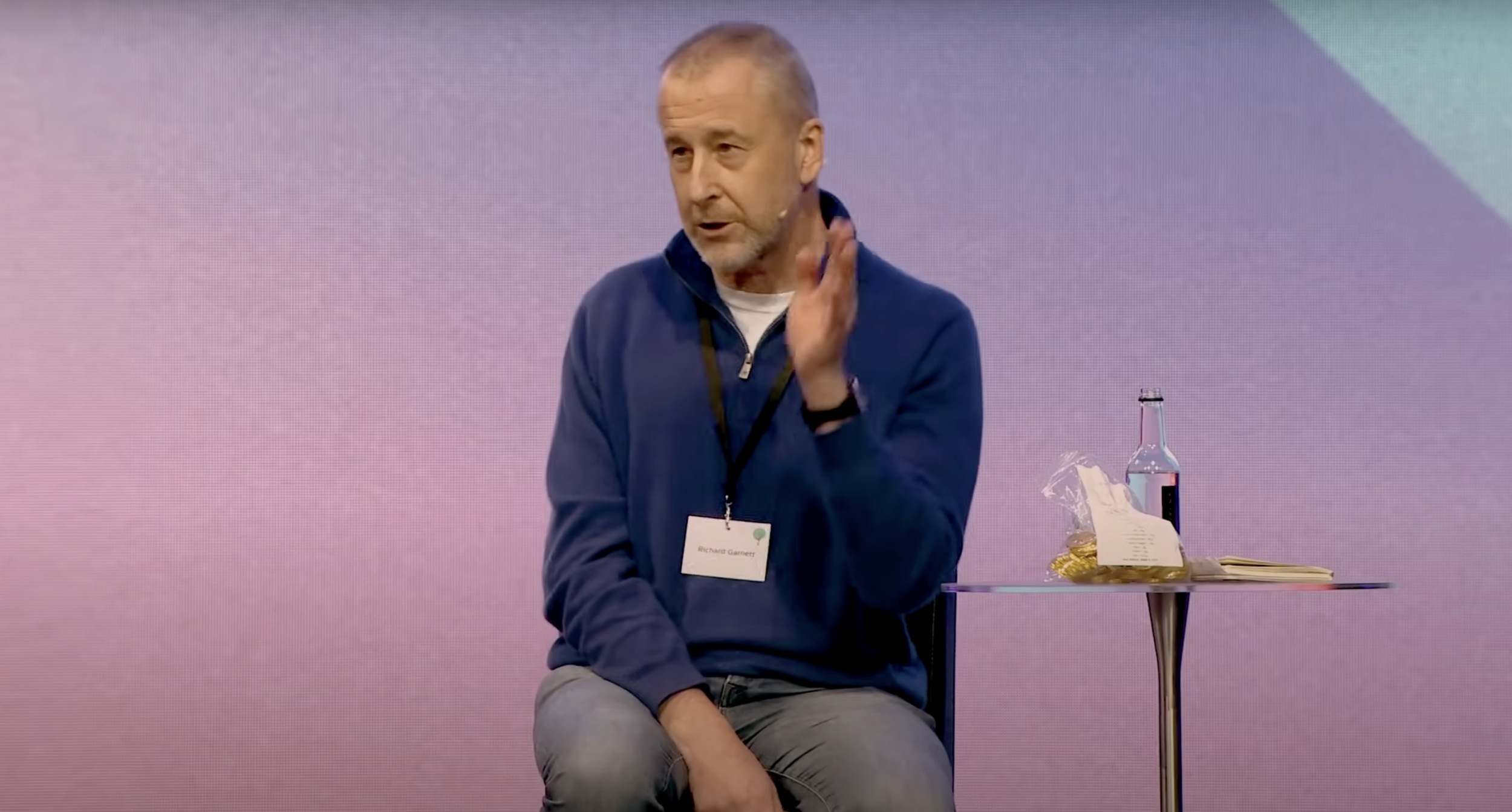
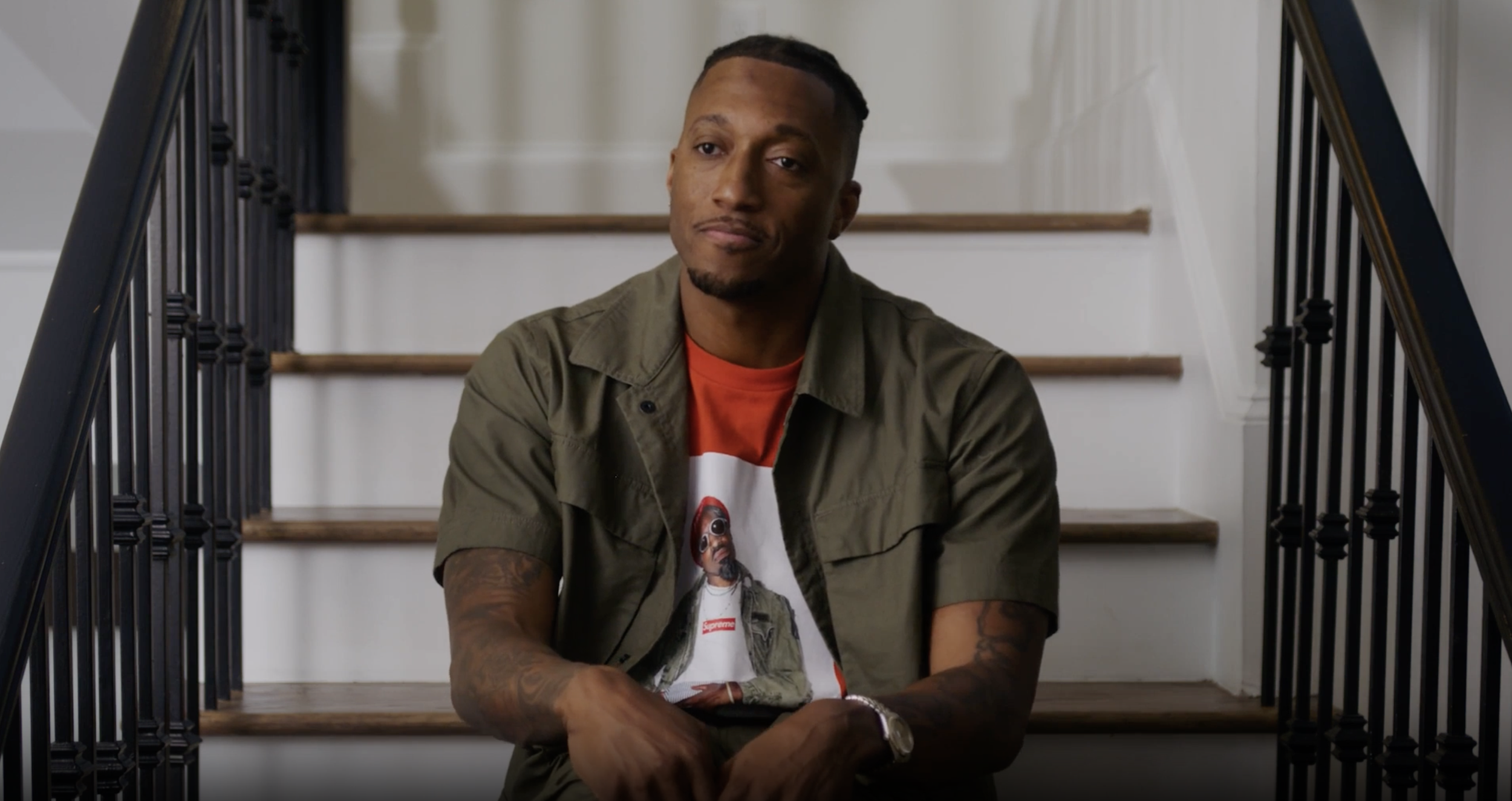
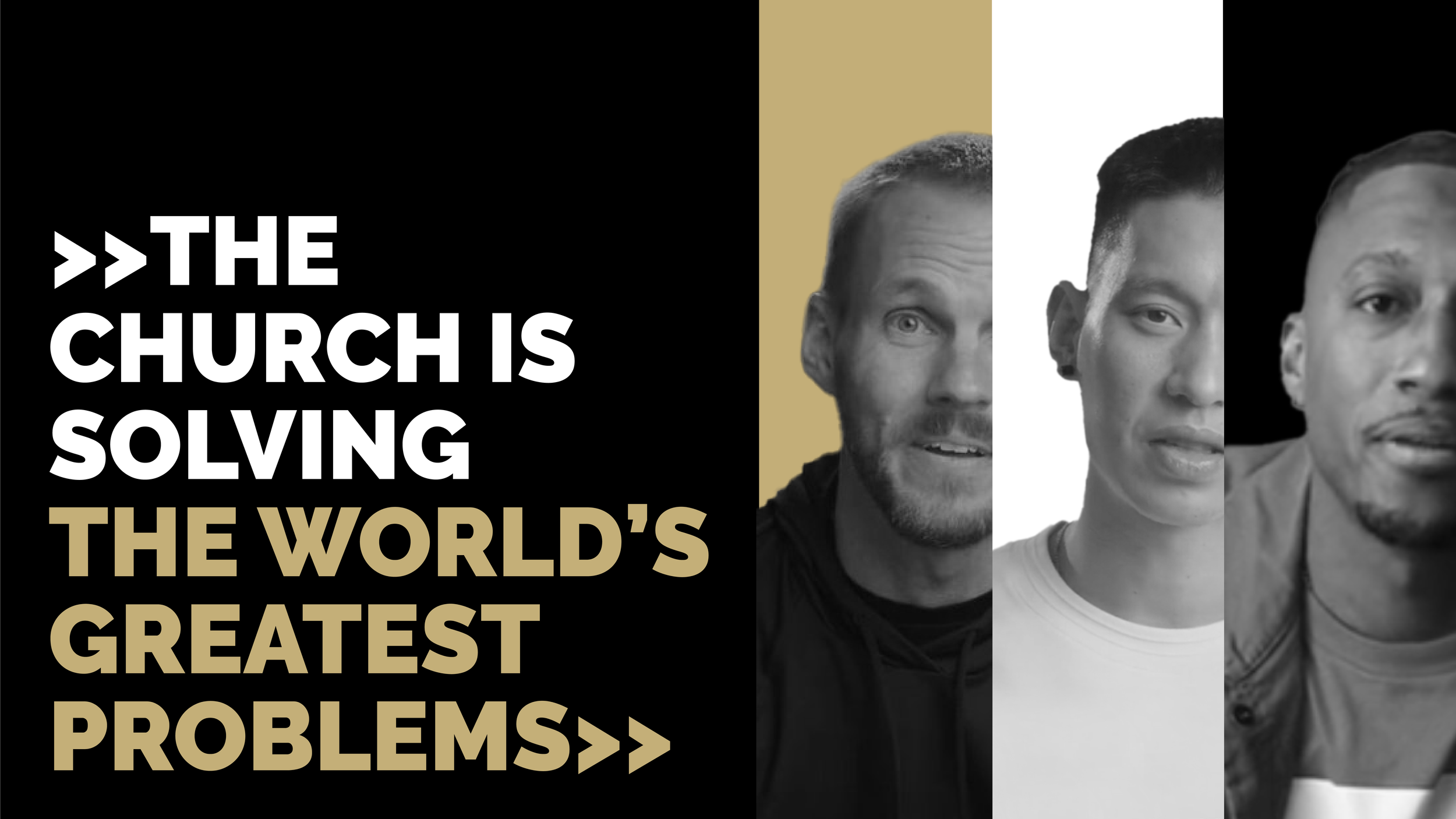

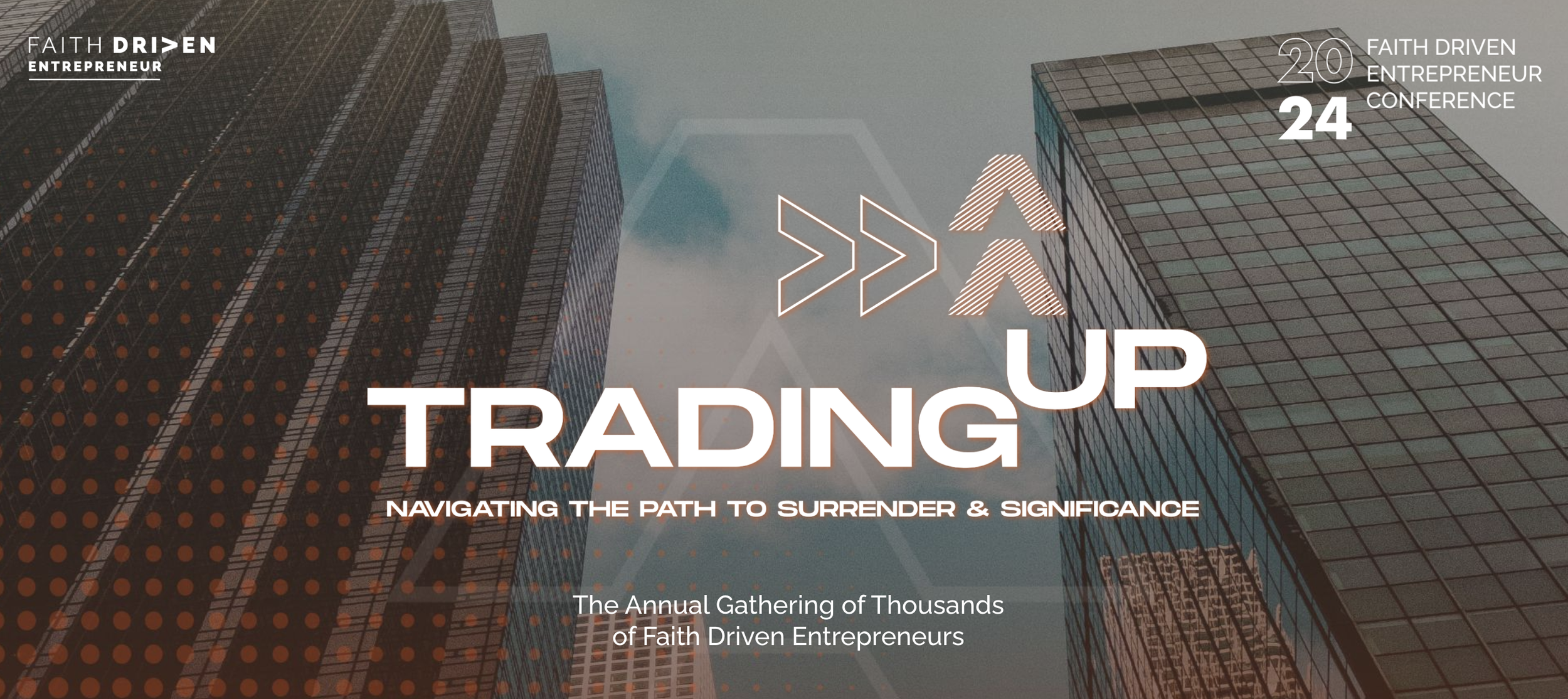
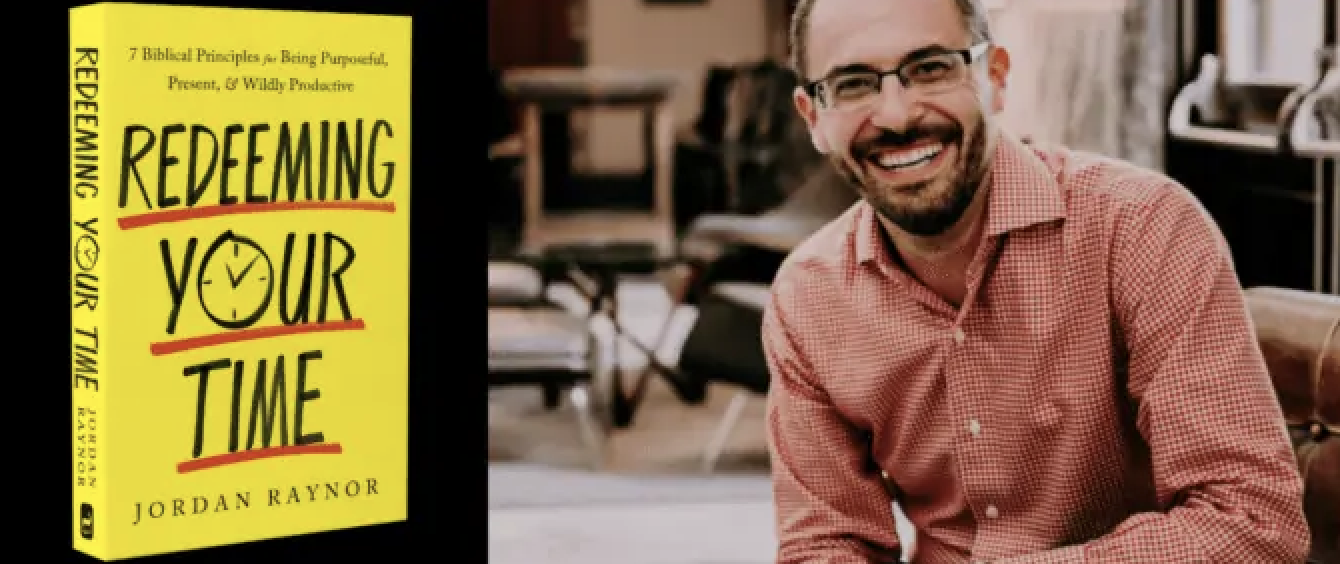
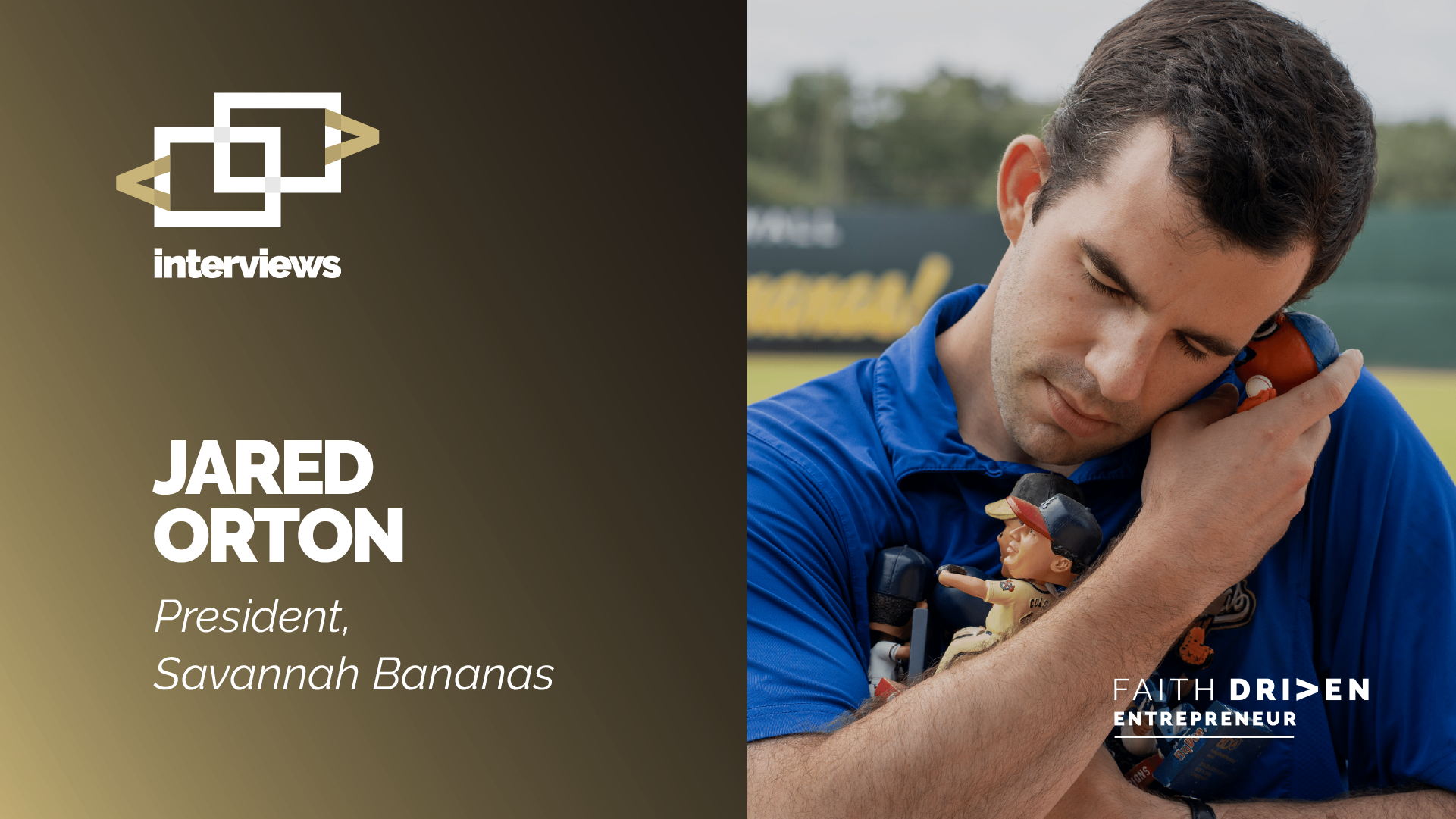
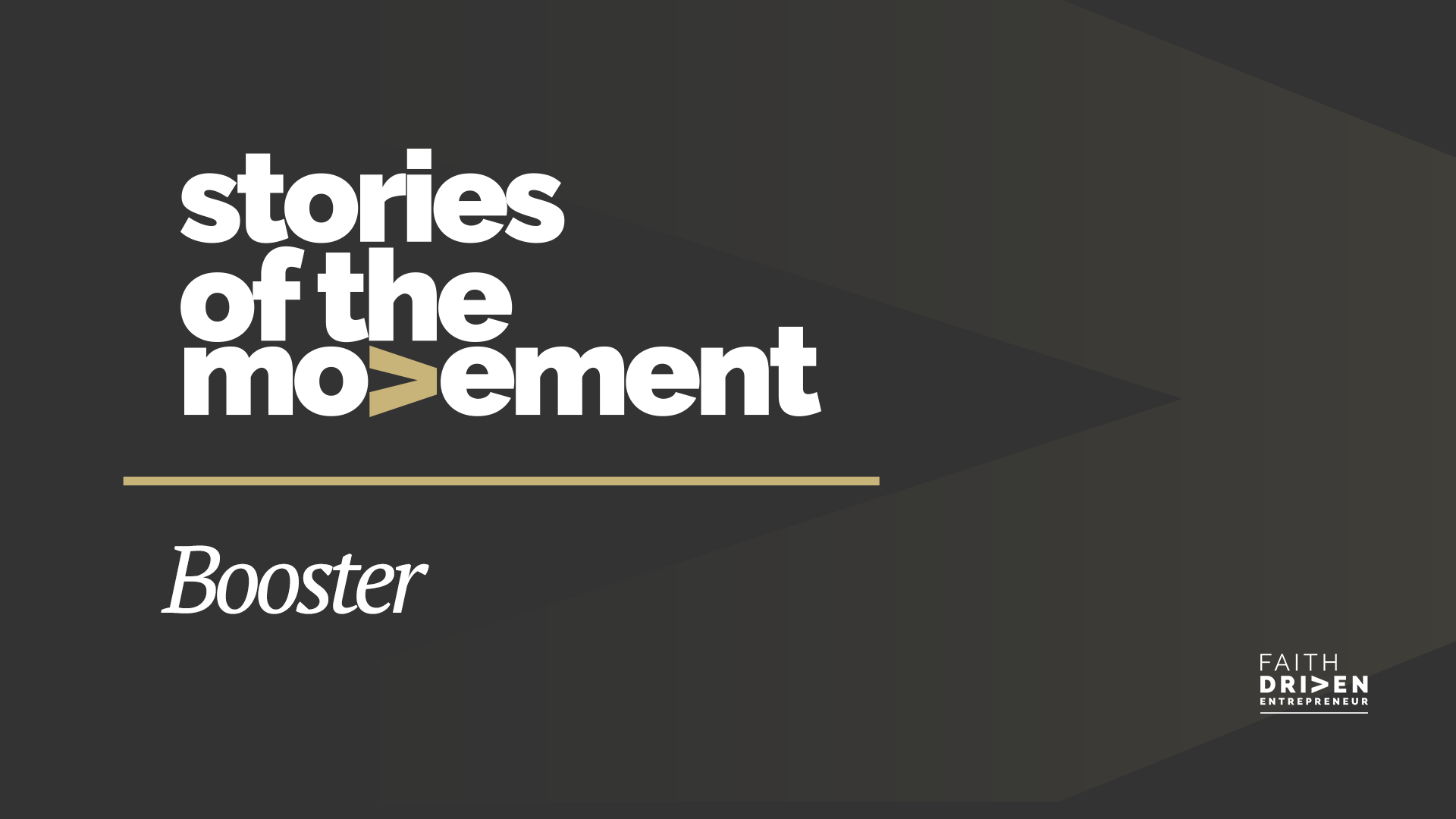
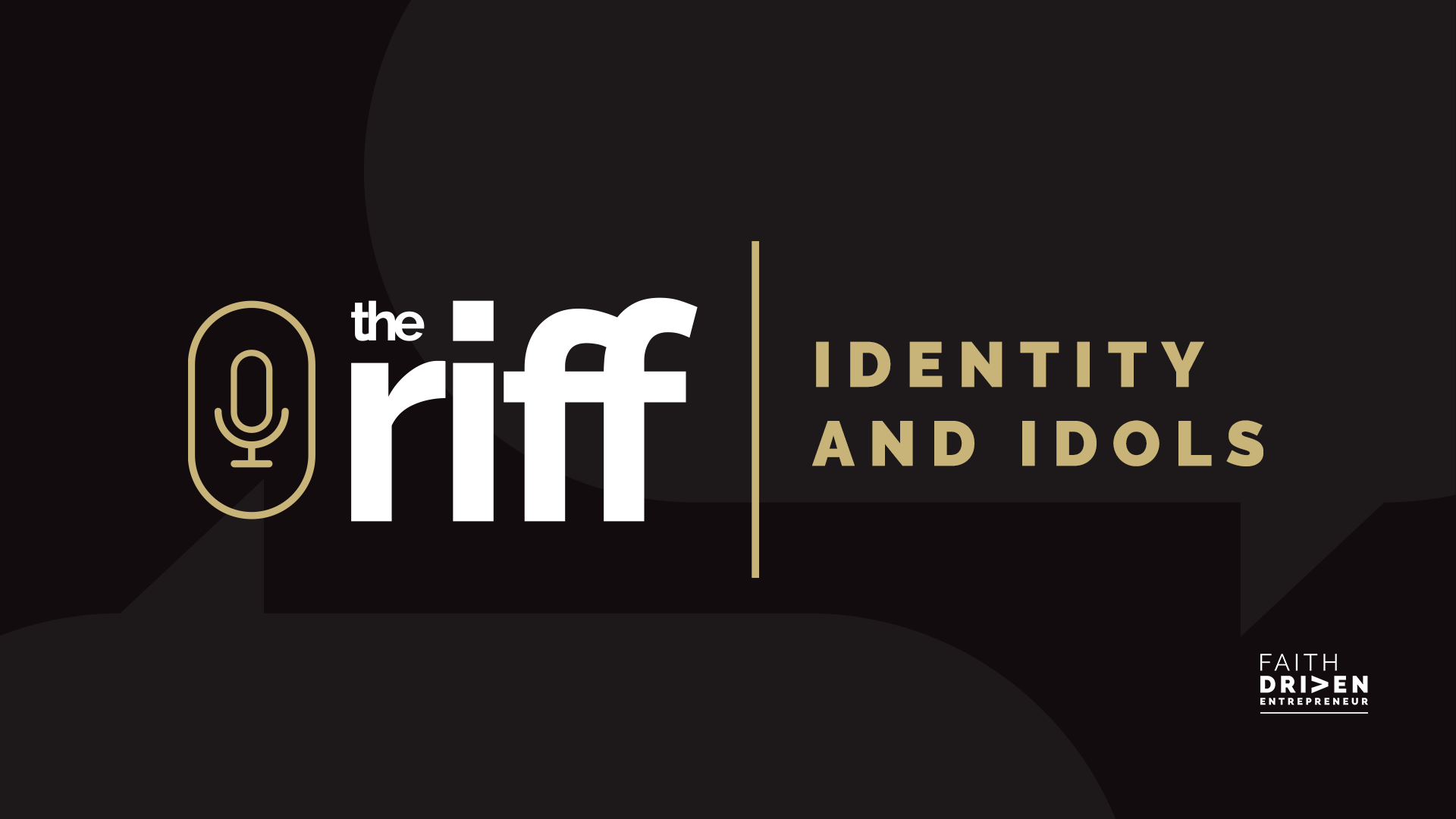
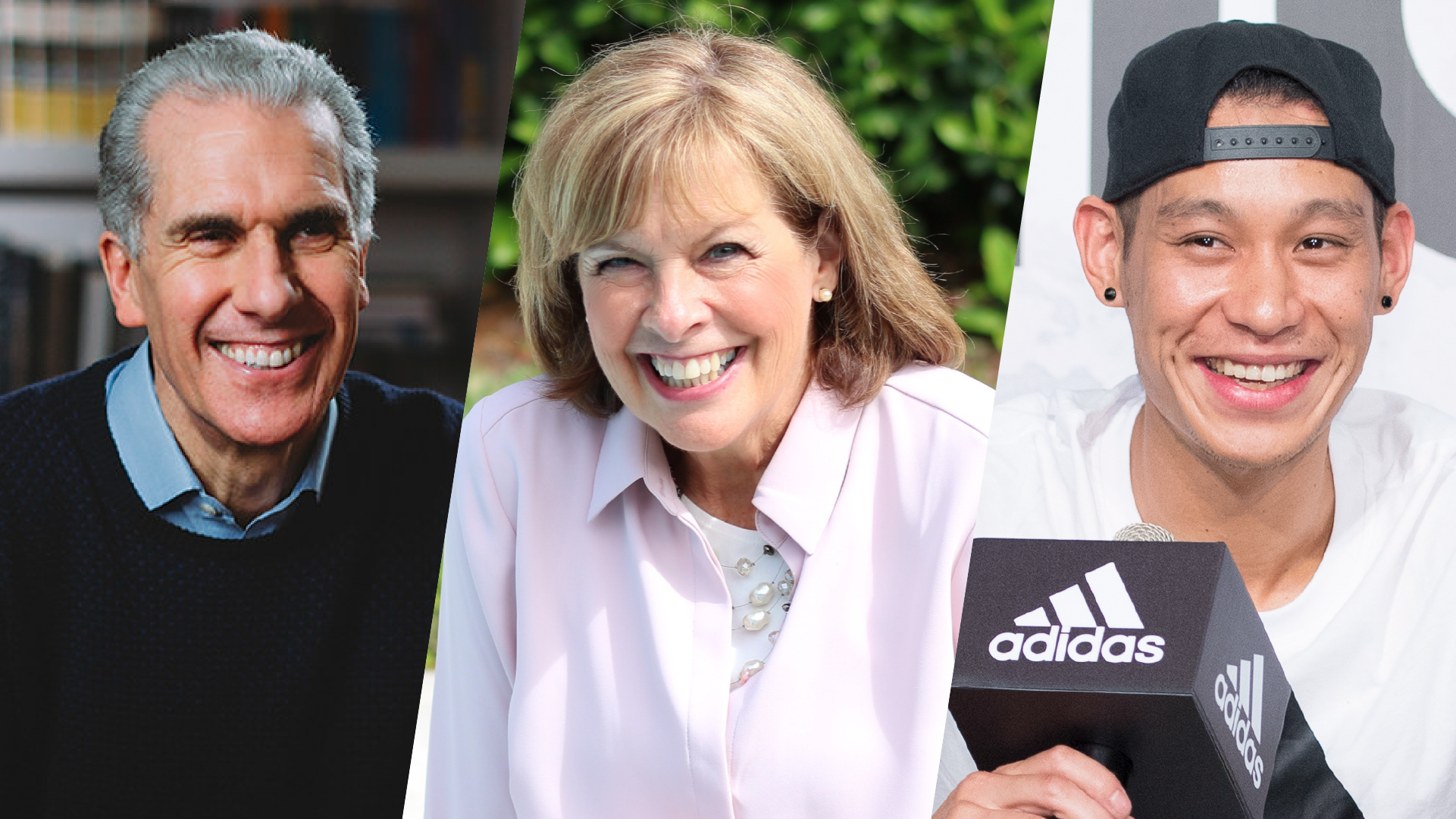
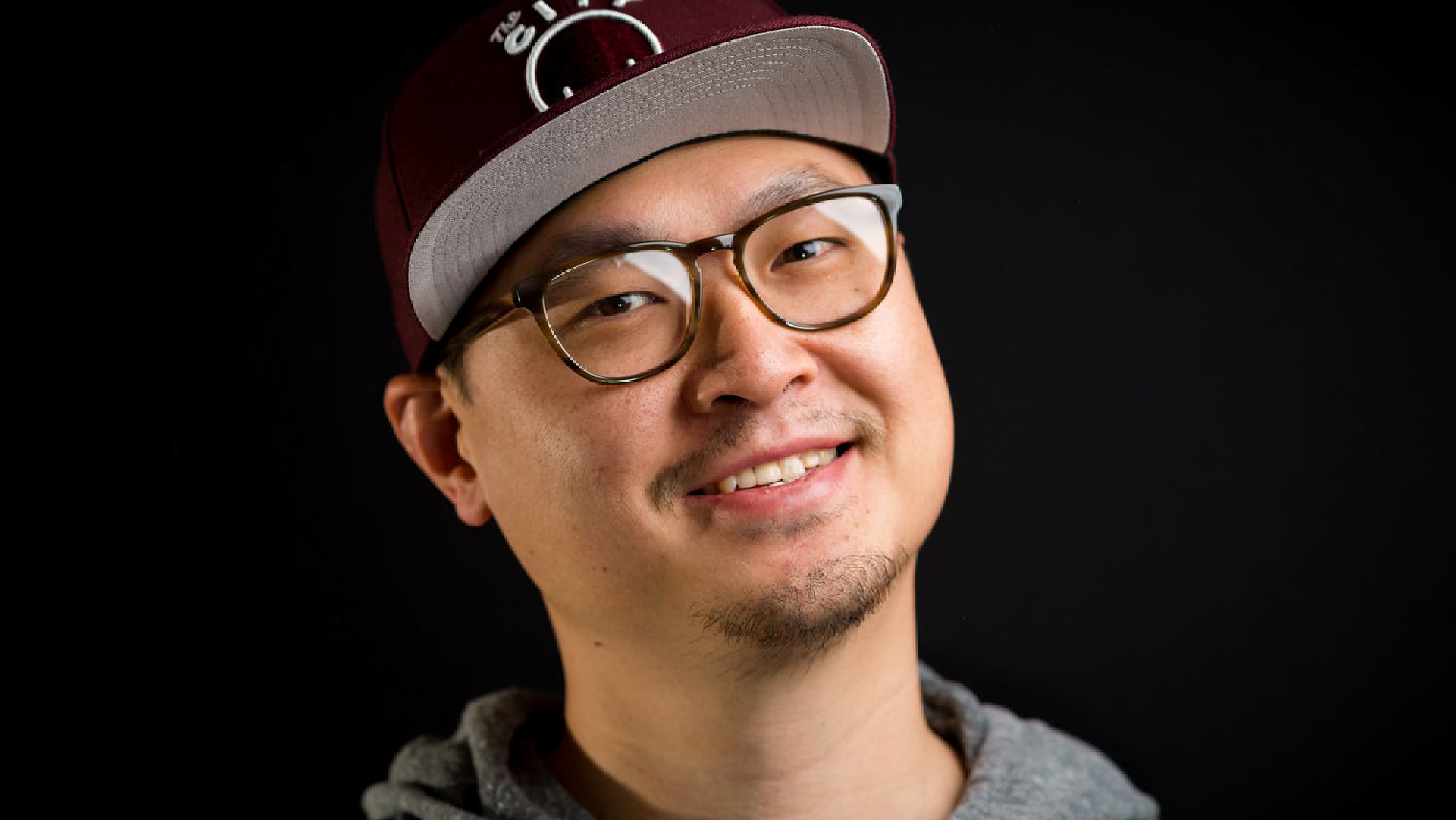
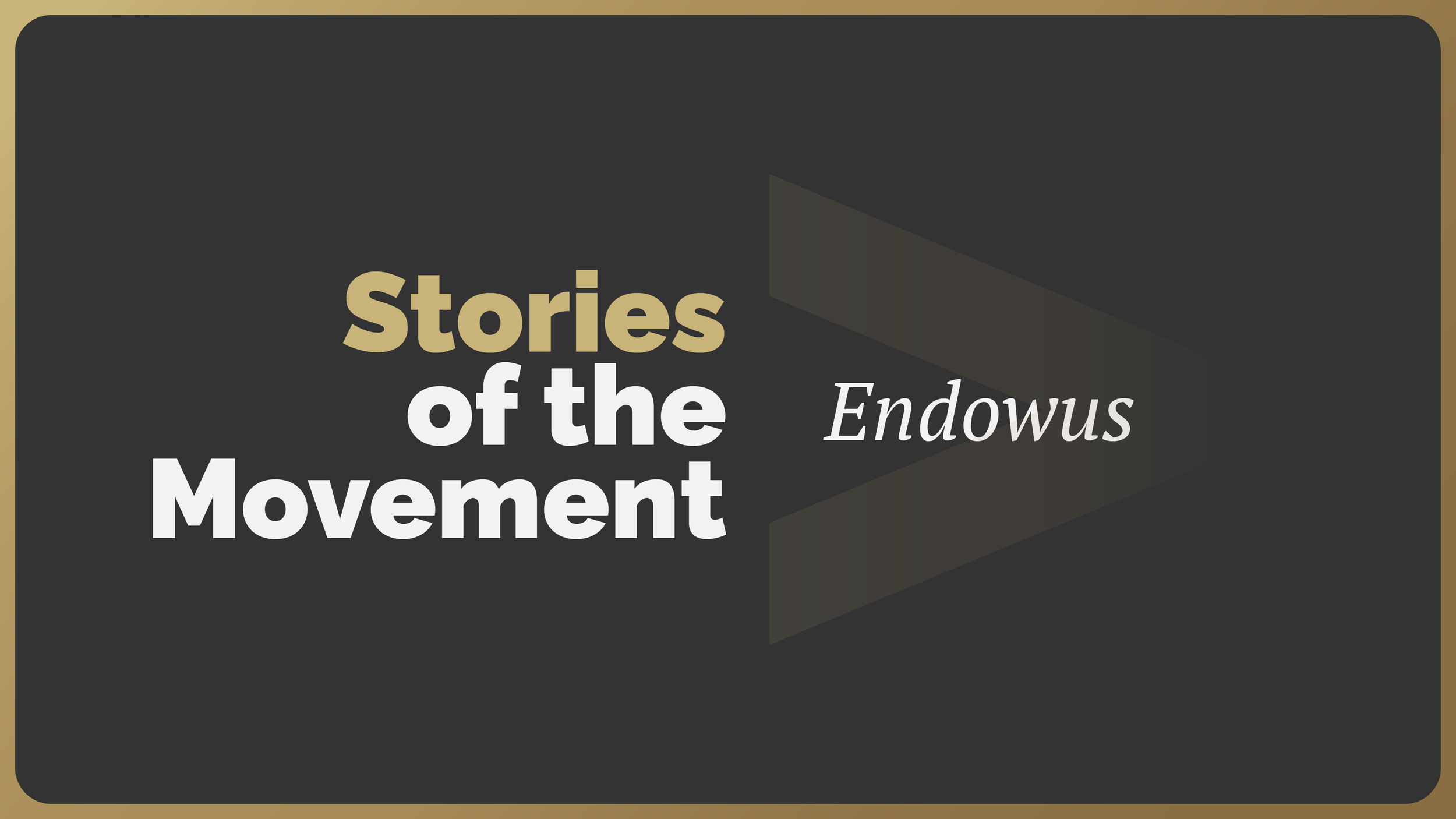
Follow the podcast